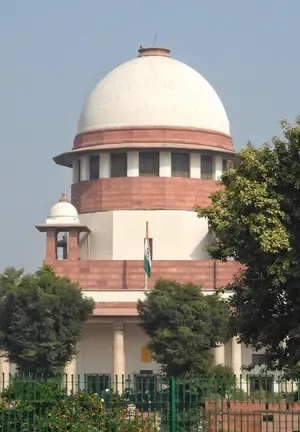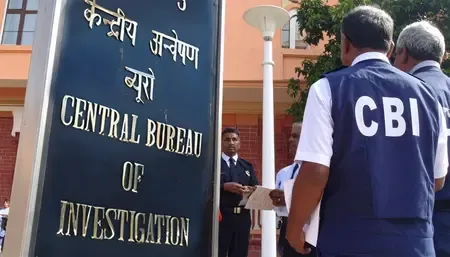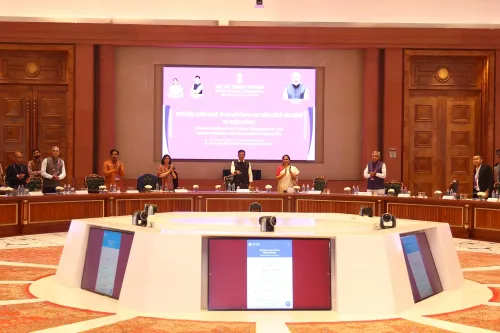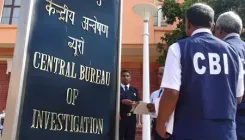Supreme Court Halts Inquiry Against Madhya Pradesh RERA Chairman

Synopsis
Key Takeaways
- Supreme Court intervenes in RERA chairman's inquiry.
- First legal challenge of its kind in India.
- Shrivastava cites violations of RERA Act procedures.
- Inquiry scheduled for April 2, 2025.
- Chairman’s removal procedure questioned.
New Delhi/Bhopal, March 27 (NationPress) The Supreme Court has “stayed” the inquiry against the Madhya Pradesh Real Estate Regulatory Authority (RERA) Chairman Ajeet Prakash Shrivastava, following his petition filed under Article 32. This case appears to be the first of its kind in India, challenging what Shrivastava has termed as an "arbitrary act" by the state government aimed at removing him from his role.
In his plea, Shrivastava argued that the inquiry was initiated in blatant violation of Section 26 and Rule 35 of the RERA Act, 2016.
He stressed that Section 26 mandates an inquiry into a "statement of charges", which, as per his petition, has not been provided to him.
The Supreme Court is scheduled to further examine the case on April 2, 2025.
Known for his resolute position, Shrivastava's actions have reportedly caused discomfort among some individuals, leading to a complaint lodged on July 23, 2025, regarding a specific decision made by RERA.
According to the petition, the complaint concerned a decision reached collectively by the entire authority and not by Shrivastava alone.
Nevertheless, the government purportedly targeted him for removal, which Shrivastava contended was unwarranted. He further remarked in his writ that any decision or order issued by RERA can be appealed in the appellate tribunal.
The complainant had the choice to pursue a remedy.
The petition also pointed out that, under the RERA Act, no action can be taken against the chairman without a formal inquiry and only after granting him a chance to defend himself.
Despite this, on February 13, 2024, the Chief Minister's office issued an “order” revoking Shrivastava's appointment as chairman.
As per the plea, this directive breached the stipulated rules and procedures outlined in the RERA Act.
Section 26 of the Act specifies that only a High Court Justice is authorized to investigate the "statement of charges" presented by the state government against the chairman. Removal is permissible only if the charges against the chairman, members, or the authority are substantiated during the inquiry, as per Shrivastava's assertions in the apex court.
The state government, acting upon complaints from private parties, referred the case to the Chief Justice of the Madhya Pradesh High Court in Jabalpur. Subsequently, Justice Maninder Singh Bhatti has been appointed to conduct the “inquiry” into the “charges”.
This is not the first occurrence of premature termination of a RERA chairman's tenure by the state government.
The role of RERA chairman is generally intended to last for a five-year term.









